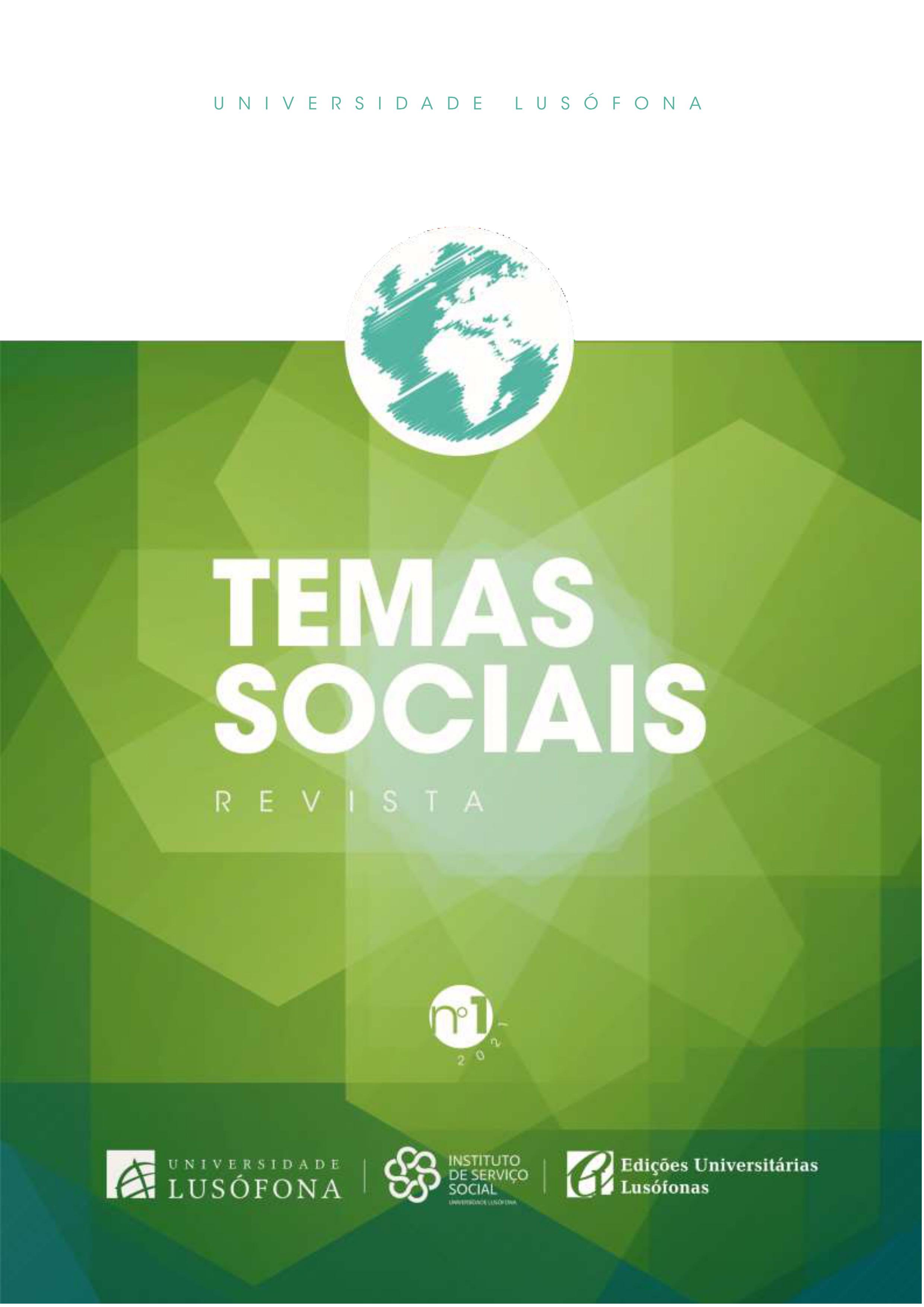Contribution of the social work to the understanding on the conditioning of the free time of children attending the 1st cycle
https://doi.org/10.53809/2021-01-TS-n.1-208-223
Abstract
The following article intends to clarify the importance of the Social Work for the understanding of the conditioning of children's free time that attend the 1st cycle in the parish of São Domingos de Rana. A qualitative methodological approach was used, resorting to an explorative interview, compiled by a sample of visions and knowledges of essential interdisciplinary areas for the established goals. The obtained results demonstrated a development of family structures, with conjugality marked by the paradox of the existence of affection and quality time between parents and children. The sociodemographic features of families residents in the parish are highlighted by its origin and characterised by a heterogeneous population, active in society and with economic and social stability. The institutions that respond to leisure time in the parish are classified by schooling, with the school becoming more representative, in response to the needs of parents. The family is highlighted in an educational context and in a labour market context, in the sense that its articulation conditions their performance.
Downloads
Open Access Policy:
The Journal facilitates free, open and immediate access to its contents to foster the exchange of knowledge at a global level.
By submitting their work, the author(s) authorise the publication and dissemination of their work and are responsible for its content.
Code of Ethics:
The Journal is a digital tool that enables the dissemination of knowledge in a globalised society where technology, communication and information occupy a prominent place. The publication promotes equal opportunities facilitated by knowledge. To this end, the Journal is committed to the content it publishes, adopting a code of ethics based on the following principles:
1. The texts received must be original, by the author(s) alone and unpublished, i.e. they must not have been previously published, broadcast or sent to another publication.
2. Authors are responsible for requesting any authorisations necessary to publish their texts, with the respective reference to the sources consulted.
3. That organisation must authorise work funded by an organisation to disseminate the results.
4. the plagiarism detection tool in force will review all work received at Universidade Lusófona - Centro Universitário de Lisboa.
5. The articles received will be evaluated by two experts in the field, guaranteeing the anonymity of the author(s) and the evaluators.
6. Papers involving people as the research subject must obtain informed consent from all of them, with strict respect for the confidentiality of personal data and, if necessary, the decision of the Ethics Committee.
7. The list of authors should only include those who contributed intellectually to the work, i.e., who designed and carried out the research, wrote up and analysed the results and approved the final version of the text.



